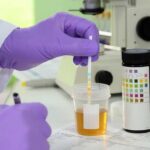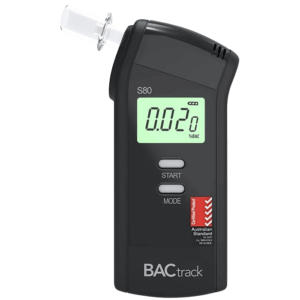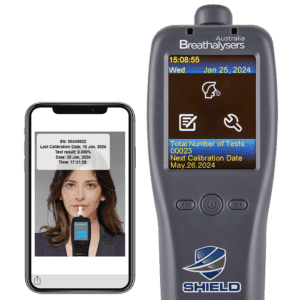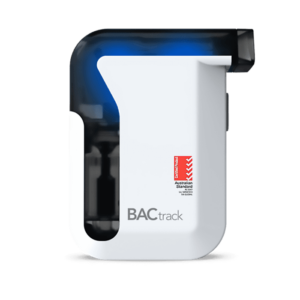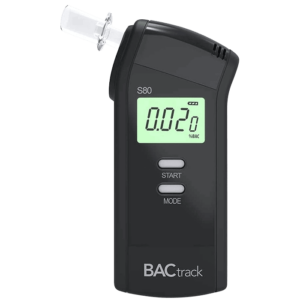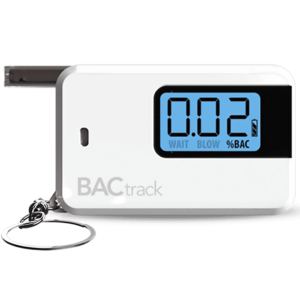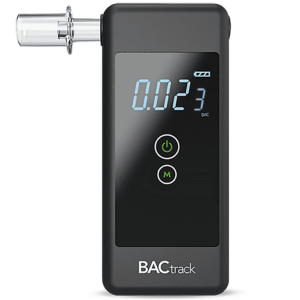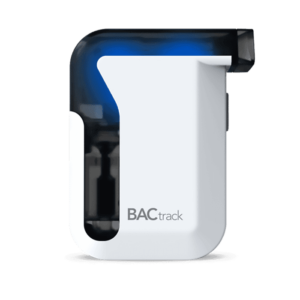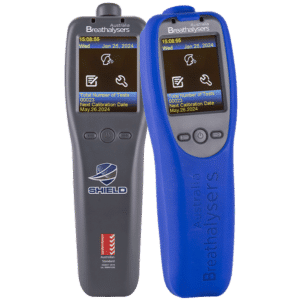Urine Drug Test NZ: Overview, Testing Procedure, and Applications
14 February, 2024
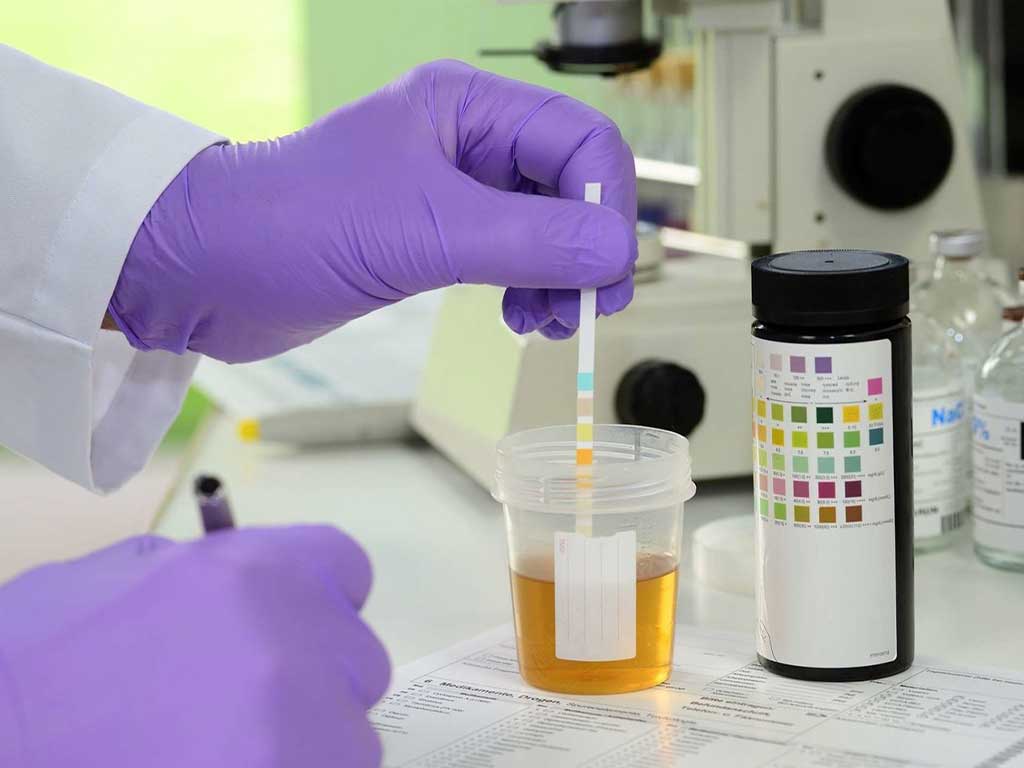
The urine drug test in New Zealand is a procedure that detects the presence of drugs in human urine samples. Employers, law enforcement, and healthcare professionals commonly use this test to identify illicit drug use. The testing procedures involve collecting urine from the individual and then analysing it to determine if any drugs are present. Lab technicians interpret the results of the urine drug test in NZ and list the specific drugs detected.
Drug abuse carries multiple risks, not only to the individual but also to society as a whole. The consequences include impaired judgment, decreased productivity, and long-term health problems. Thus, it is crucial to have effective methods of detecting drug use to prevent accidents and provide necessary support. One of the methods is the urine drug test. This article will present urine drug tests, including their function, procedures, and applications.
Overview of Urine Drug Tests in NZ
A urine drug test in NZ determines the presence of various drugs in a urine sample. When an individual consumes drugs, their body metabolises the substances, leading to the production of specific metabolites. These metabolites are eventually excreted through urine. Hence, the urine test relies on this metabolic process to identify the presence of certain drugs.
Accordingly, when the urine sample undergoes initial screening, it passes through a special membrane. This contains binding agents that have a high affinity for certain drug compounds. Subsequently, this interaction results in the retention of targeted substances while allowing other components of the urine to pass through. The binding agents initiate chemical reactions that generate measurable signals.
Immunoassay technology is typically used during the initial screening test process. Furthermore, conductors interpret these results based on cut-off levels set in the AS/NZS 4308. If the result is non-negative or positive, they may proceed with a confirmatory test. This type of analysis uses highly accurate and specialised equipment, such as Gas Chromatography-Mass Spectrometry, to quantify the substances present in the sample.
Advantages of Urine Testing
- Non-invasive: unlike blood tests, urine testing does not require the use of needles or other invasive activity in the collection procedure.
- Quick results: urine drug testing offers a relatively quick turnaround of results.
- Detect a wide range of illicit drugs: urine samples can be tested for multiple drug classes.
- Cost-effective: compared to blood and hair testing, the costs of urine testing are generally less expensive. Hence, it is a more economical option for individuals.
- Longer detection window: compared to saliva and blood testing, it has a relatively lengthier detection period of days to weeks after drug consumption.
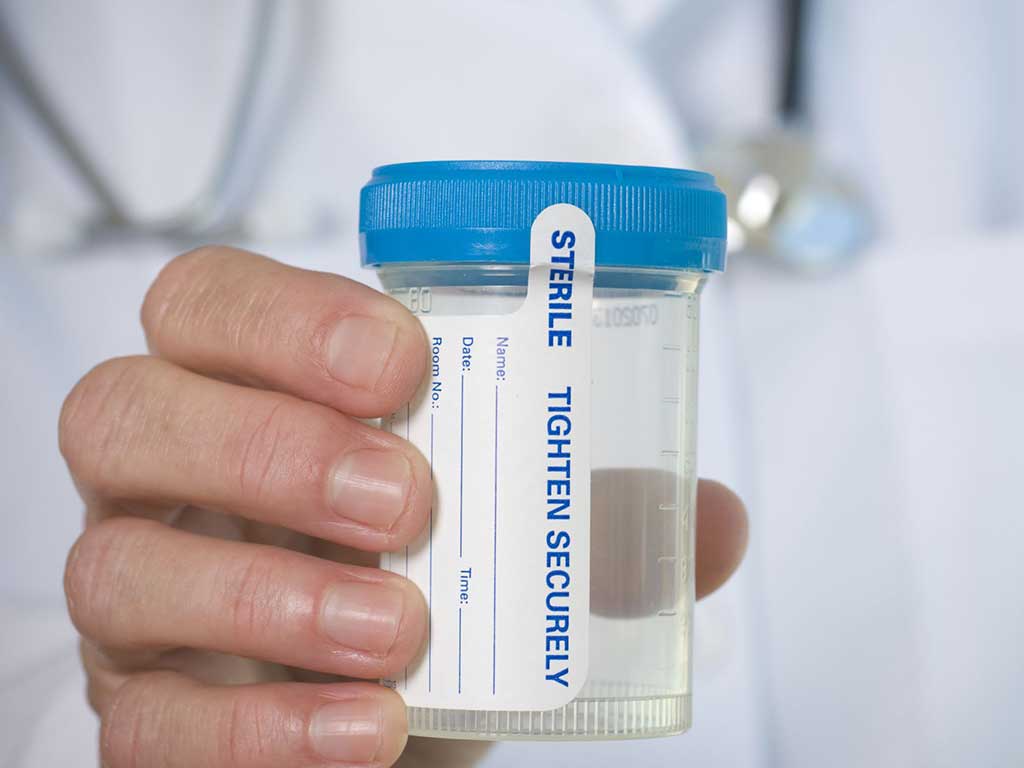
Procedures for Urine Drug Tests in NZ
Urine drug tests in NZ typically begin with the collection of a urine sample at a designated collection centre. The testing facility will provide the individual with a sterile container and instructions on collecting the sample. Healthcare providers or collection centre staff often ensure the individual does not tamper with the sample.
Once collected, personnel send the urine sample to a laboratory for testing. The laboratory technician will conduct various tests to detect the presence and quantitation of drugs in the urine. This may include initial screening tests to identify detectable drugs and confirmatory testing to provide more accurate results.
After completing the testing, the laboratory will report the results to the requesting party or healthcare provider of the donor. The provider will review the results and discuss them with the individual. If necessary, they may offer guidance and support for further actions or treatments based on the test results. Overall, these are the basic procedures involved in a urine drug test.
Specimen Collection Procedure
Following the proper specimen collection procedure is crucial for urine drug tests. The sample donor should urinate a small amount to clear the urethra of any contaminants. Next, they should collect a midstream sample by urinating a bit into the toilet and then filling the collection cup. This method helps ensure a more accurate representation of the urine composition.
After the specimen collection, the testing officer must label the container with the necessary information. Then, they should seal the container tightly to prevent leakage or tampering. Afterwards, they need to place the specimen in a secure bag or container for transport to the laboratory.

Applications of Urine Drug Tests in NZ
Urine drug tests in NZ play a crucial role in various situations. Firstly, employment screening. Many companies use these tests to ensure a safe and drug-free work environment. This helps employers make informed hiring decisions and mitigate potential risks associated with drug use in the workplace. Conducting these tests allows them to uphold safety standards and promote productivity among their workforce.
Secondly, drug rehabilitation programs. Individuals undergoing rehab may need to undergo regular urine drug tests to assess their adherence to sobriety goals. These tests provide valuable feedback to patients and healthcare professionals, allowing them to track progress and make necessary adjustments to treatment plans. Hence, it can support individuals in their journey towards recovery and reduce the likelihood of relapse.
Thirdly, probation and parole. Individuals may be subject to periodic urine drug testing to ensure adherence to the terms of their release. The tests serve as a deterrent against drug use and help probation and parole officers assess the risk of recidivism. Through closely monitoring drug use via urine tests, authorities can intervene promptly if violations occur.
Accuracy and Reliability
A urine drug test is one of the most well-established methods. It can provide high accuracy and reliability as it can detect a wide range of substances for an extended period. In addition, the concentration of drugs in urine is generally higher than in other specimens, enhancing its sensitivity for detection.
However, several factors can affect the accuracy of the test. This includes improper collection techniques and the presence of contaminants. For example, breath sprays and cleaning products in the room can lead to false positive results. Although tampering may be an issue, collection centres take precautionary measures to prevent it from happening.
Conclusion
In conclusion, urine drug tests in NZ are vital tools for detecting the presence of illicit substances in the system of an individual. By analysing urine samples, healthcare providers can identify specific drugs or their metabolites, helping to address substance misuse issues effectively. The process involves collection, laboratory testing, and result interpretation by healthcare professionals. These tests ensure accountability and support individuals in making informed decisions about their health and well-being.
Furthermore, these tests serve crucial purposes in various domains, including employment screening, drug rehabilitation programs, and probation monitoring. Urine testing ensures safety, supports recovery efforts, and aids in maintaining adherence to legal obligations. While generally accurate and reliable, factors like improper collection techniques or the presence of contaminants can affect results. Therefore, it is vital for the individuals and testing officers to follow proper procedures to prevent false positives or negatives.

















